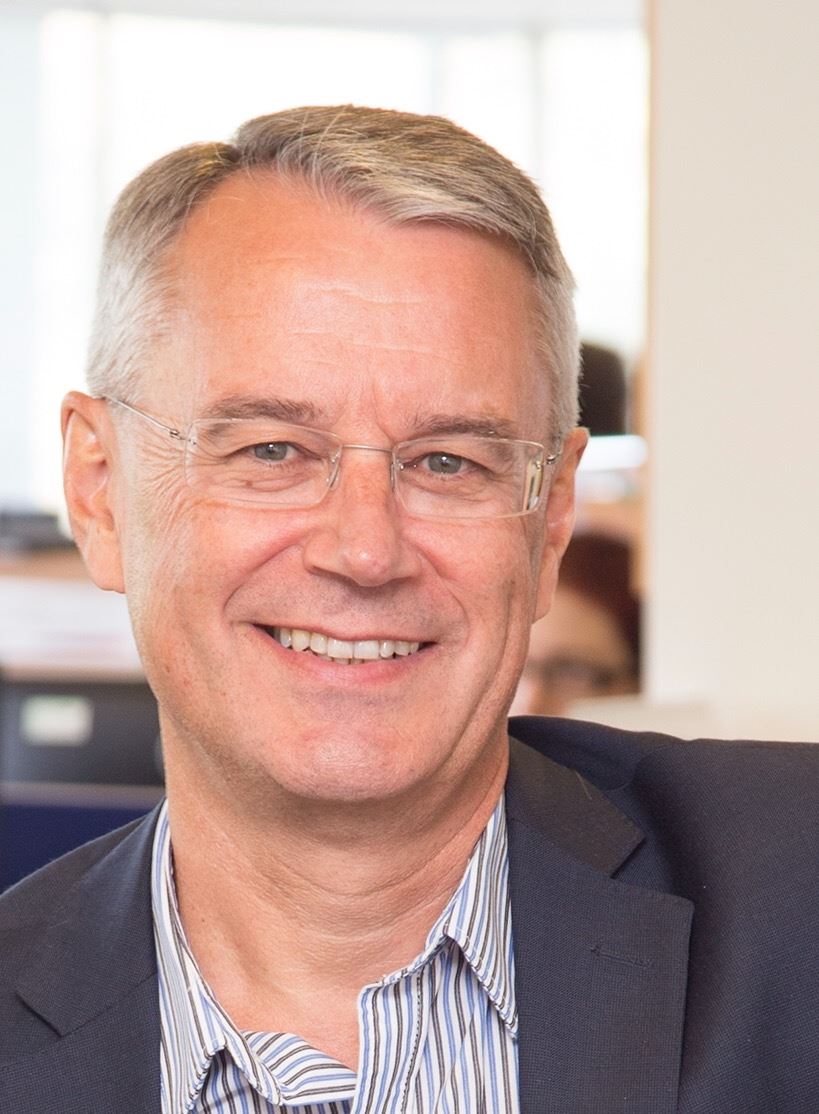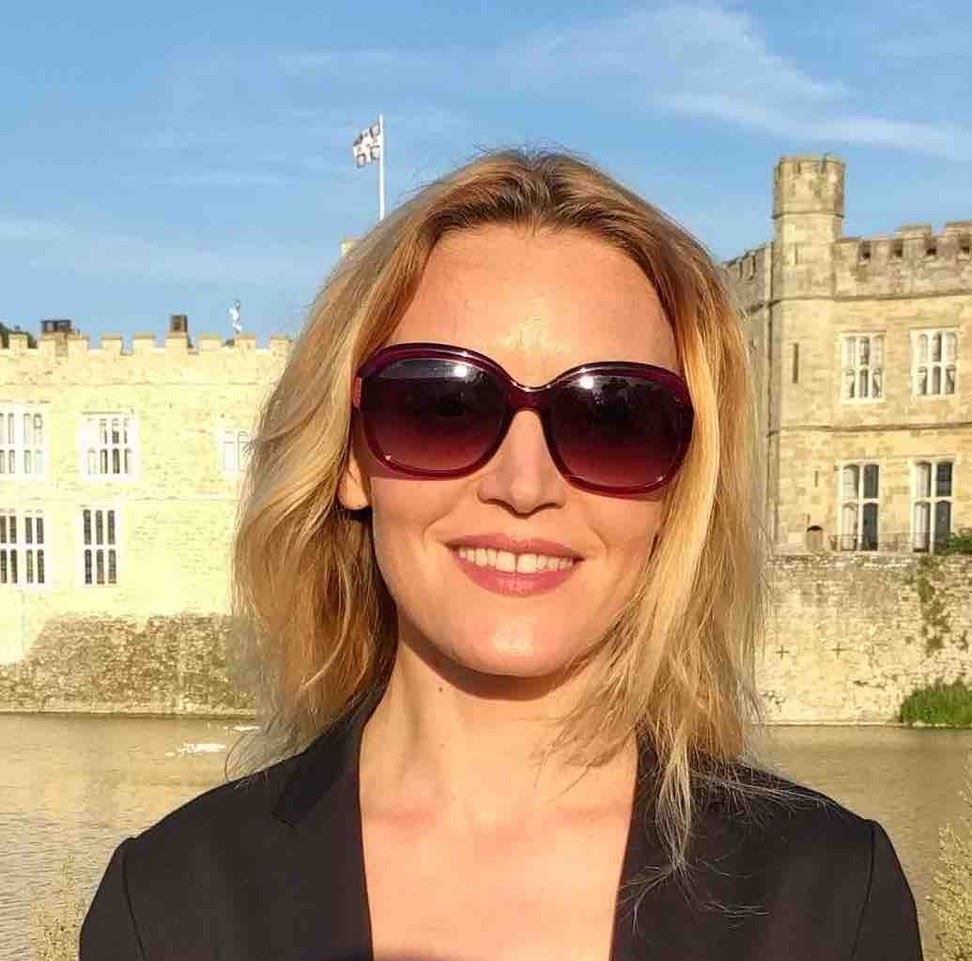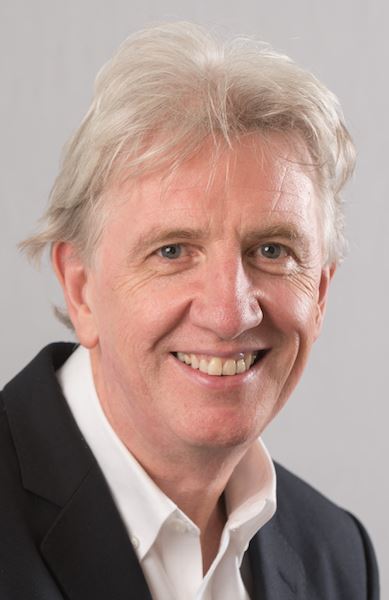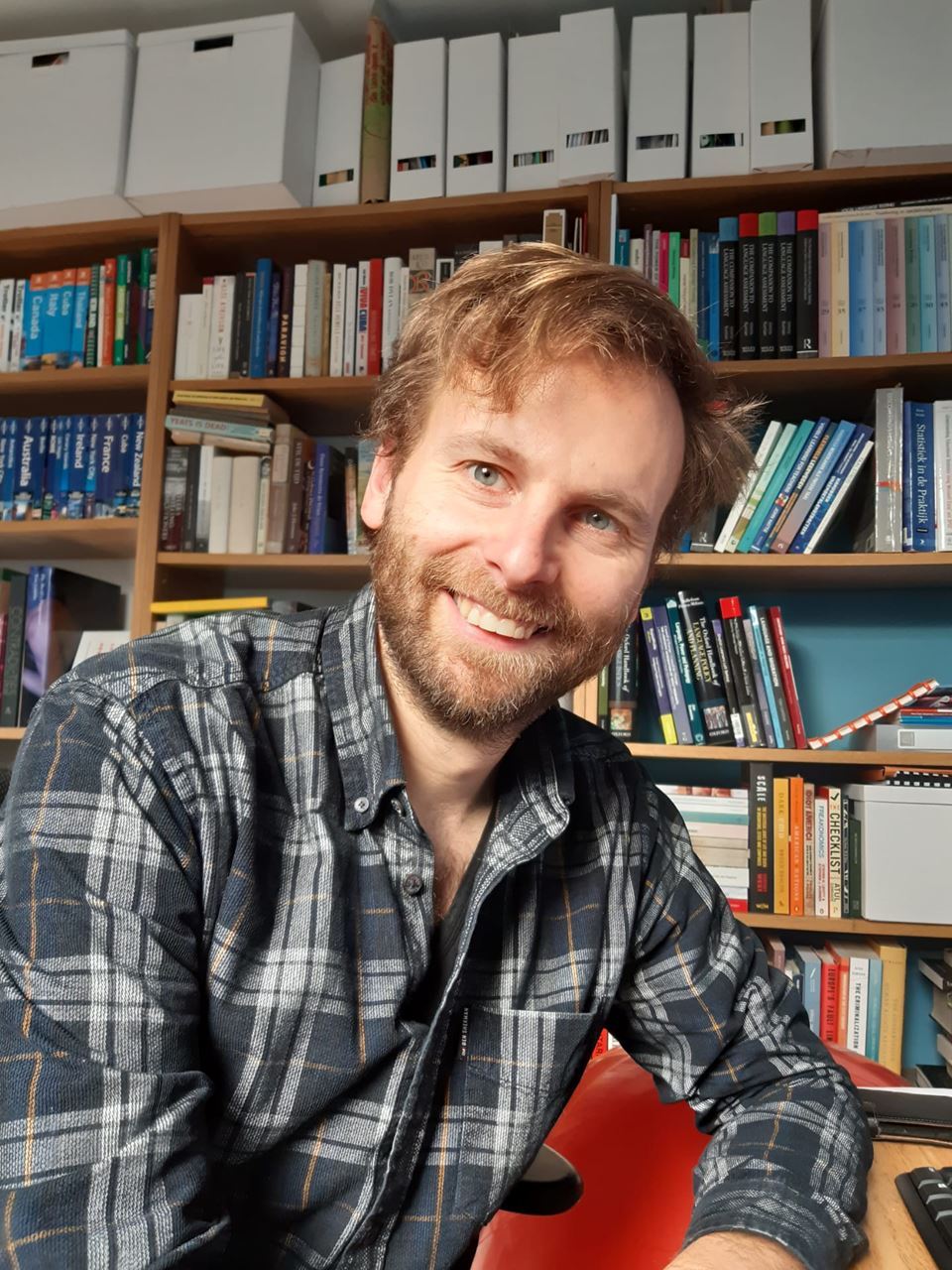PLENARY SPEAKERSALTE has the pleasure of inviting four plenary speakers to our 1st Digital Symposium who will address some current key themes relevant to safeguarding the future of multilingual language assessment in a Covid and post-Covid world. |
| Not Just Different, But Better Nick SavilleDr Nick Saville is a founder member of the Association of Language Testers in Europe (ALTE) and is the elected Secretary-General. He is Director of Research & Thought Leadership at Cambridge English (University of Cambridge) and sits on several University Boards, including: the Interdisciplinary Research Centre for Language Sciences; the Institute for Automated Language Teaching and Assessment; and English Language iTutoring (ELiT), providing AI-informed automated systems. He was a member of the Advisory Council for the Institute for Ethical AI in Education whose final report was published in March 2021. Nick is a consultant for European institutions including the Council of Europe, the European Parliament & the EU Commission. In this capacity, he has been involved in the Common European Framework of Reference for Languages (CEFR) since its inception and has led several projects in the field of multilingualism. He was a founding associate editor of the journal Language Assessment Quarterly and is currently joint series editor of Studies in Language Testing (CUP) with Prof. Lynda Taylor. |
| Multilingual assessment integrated with language policy: Lessons from research and new initiatives for equality and justice Elana ShohamyElana Shohamy is a professor of Language Education at Tel Aviv University School of Education where she teaches and researches issues of justice and rights as they relate to language testing, language policy, immigrants and minority groups as well a linguistic landscape; her current testing research focuses on multilingual assessment as part of a new multilingual educational policy in Israel. She authored The power of tests: A critical perspective on the uses of language tests (2001), Language policy: Hidden agendas and new approaches (2006), and edited the Testing and Assessment volumes of The Encyclopedia of Language and Education (Springer, 2009 and 2018). Elana was granted the ILTA Lifetime Achievement Award in language testing (2010) for her work on critical language testing. |
| Innovations and Implications of Language Assessment Technologies Paula ButteryPaula Buttery is a Professor of Language and Machine Learning at the Department of Computer Science and Technology, University of Cambridge. She has expertise in developing computer applications (Natural Language Processing) and also in language cognition (Computational Psycho-linguistics). She is currently the Director of the Cambridge Institute for Automated Language Teaching and Assessment (ALTA). This is an Artificial Intelligence institute that uses techniques from Machine Learning and Natural Language Processing to improve the experience of language learning online. Paula's work within ALTA focuses on English language learners but Paula also has experience working with under-resourced and endangered languages. |
| Can Tests be Fair and Valid? Barry O'SullivanProfessor Barry O’Sullivan is the Head of Assessment Research & Development at the British Council. He has undertaken research across many areas on language testing and assessment and its history and has worked on the development and refinement of the socio-cognitive model of test development and validation since 2000. He is particularly interested in the communication of test validation and in test localisation. He has presented his work at many conferences around the world, while almost 100 of his publications have appeared in a range of international journals, books and technical reports. He has worked on many test development and validation projects over the past 25 years and advises ministries and institutions on assessment policy and practice. He is the founding president of the UK Association of Language Testing and Assessment (UKALTA) and holds honorary and visiting chairs at a number of universities globally. In 2016 he was awarded fellowship of the Academy of Social Science in the UK and was elected to Fellowship of the Asian Association for Language Assessment in 2017. |
| Language testing ethics, and our place in the ecosystem Bart DeygersBart Deygers is professor of second language didactics and assessment at Ghent University. His primary research interests include language testing policy, equal educational opportunities for vulnerable learners, and language testing for migration purposes. In his research he examines and questions the role and impact of high-stakes tests in today’s society. Human rights, justice and fairness are central to his publications and research, which focus on empirically verifying the policy makers' assumptions regarding test score use and on examining how language testing policies take shape. |





